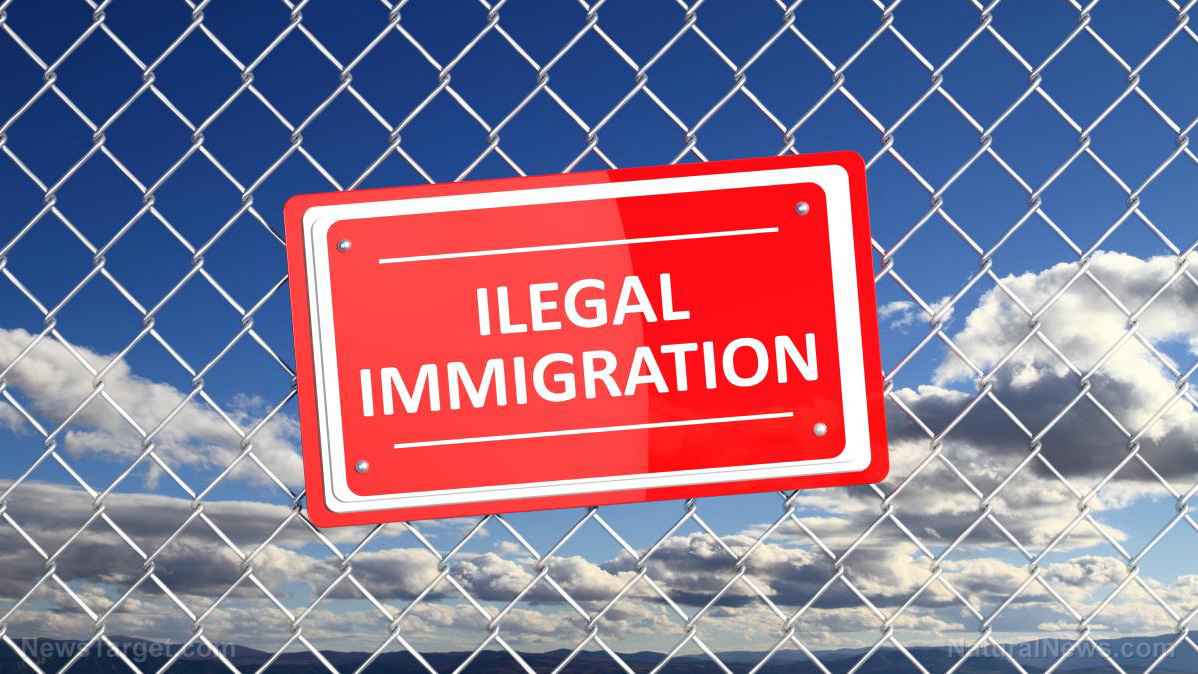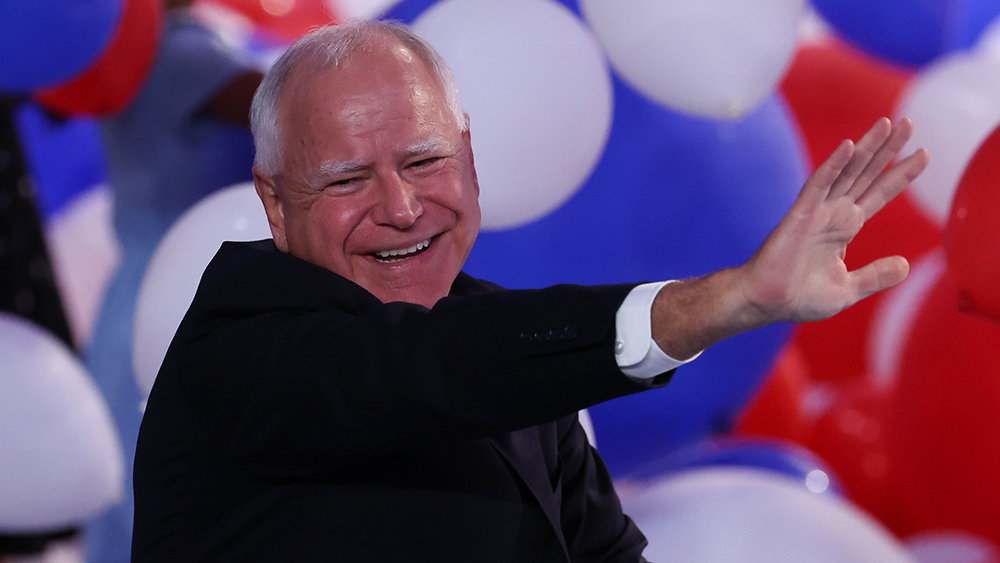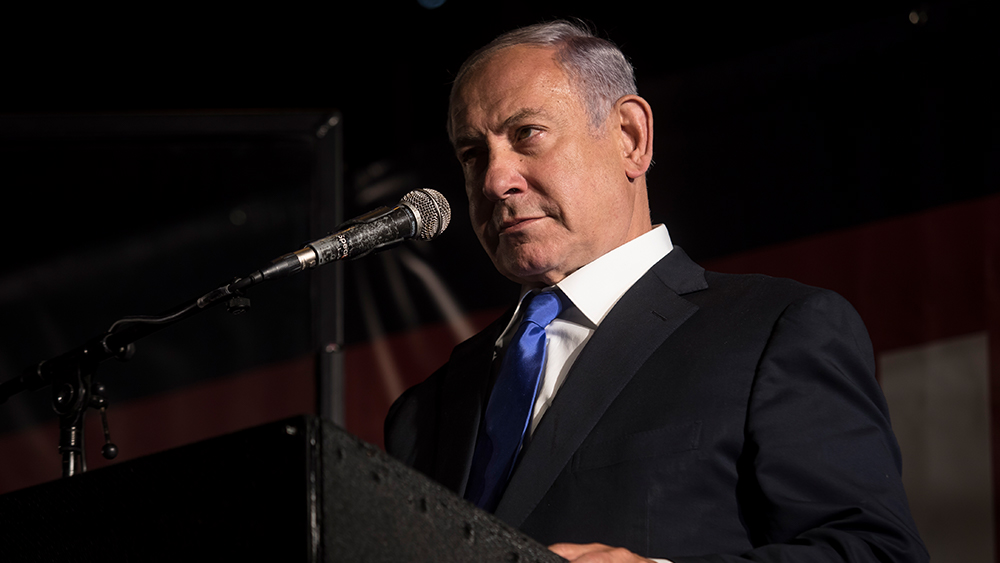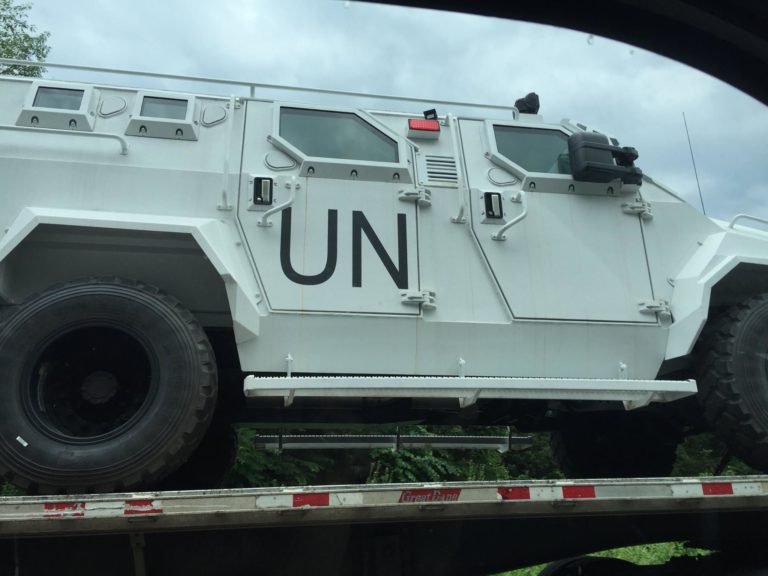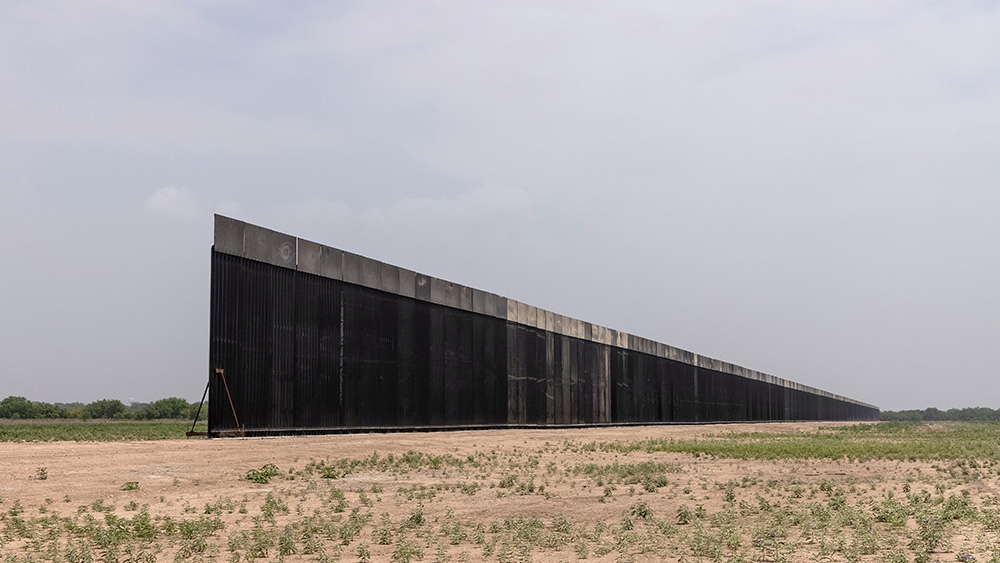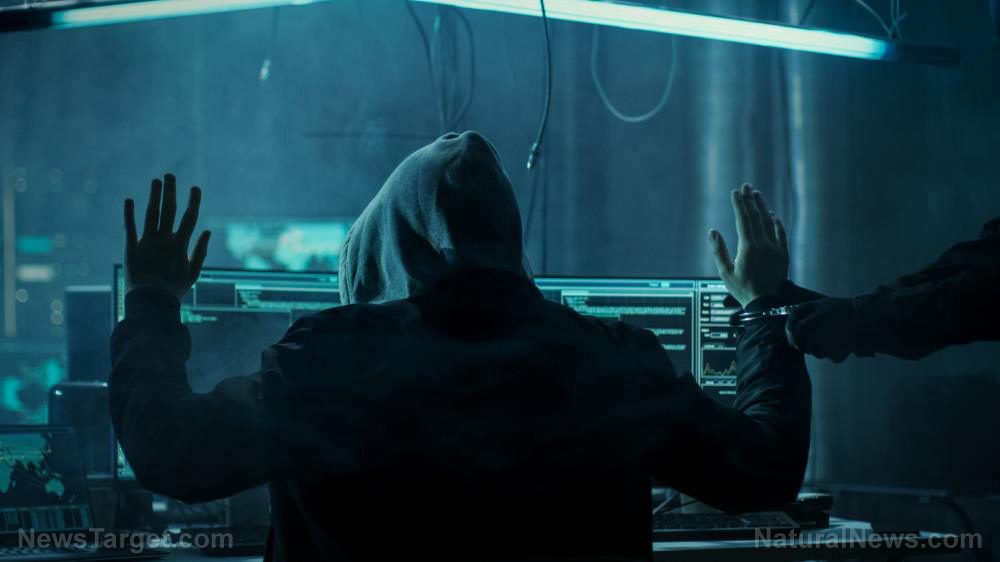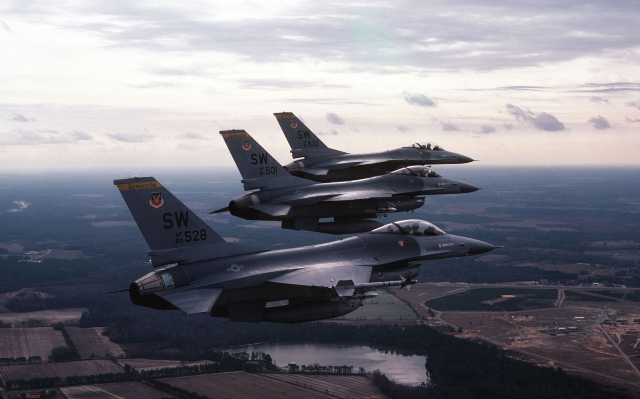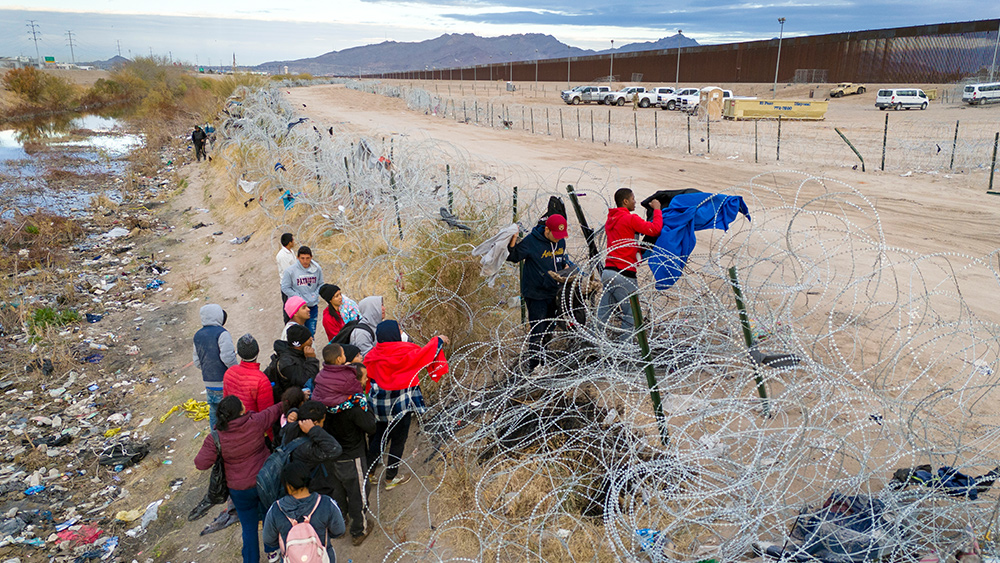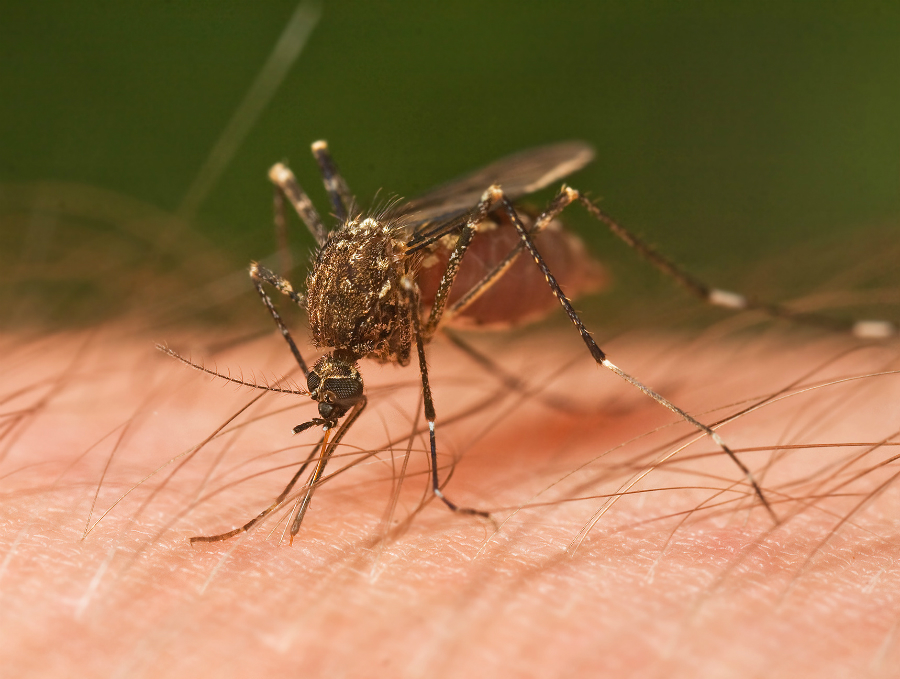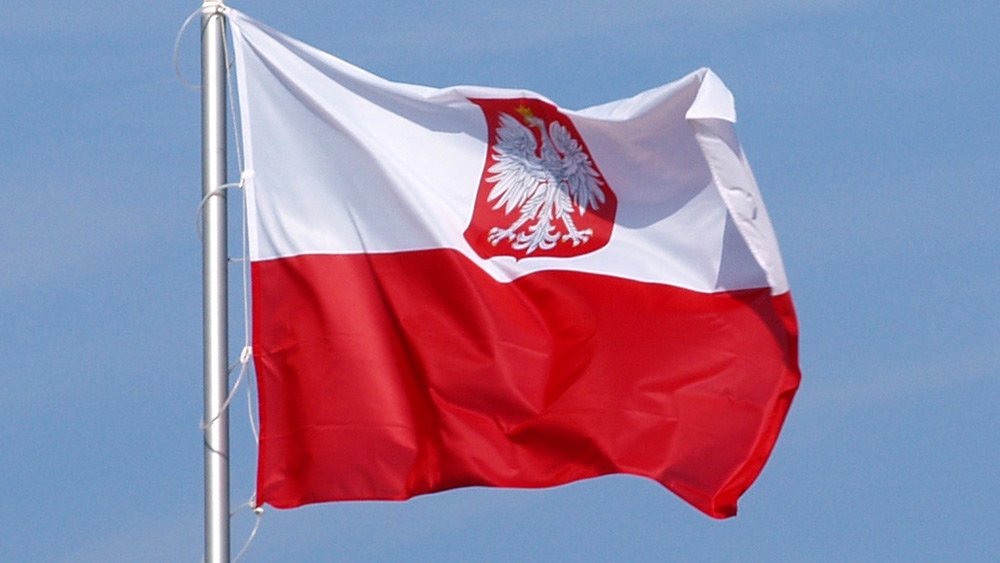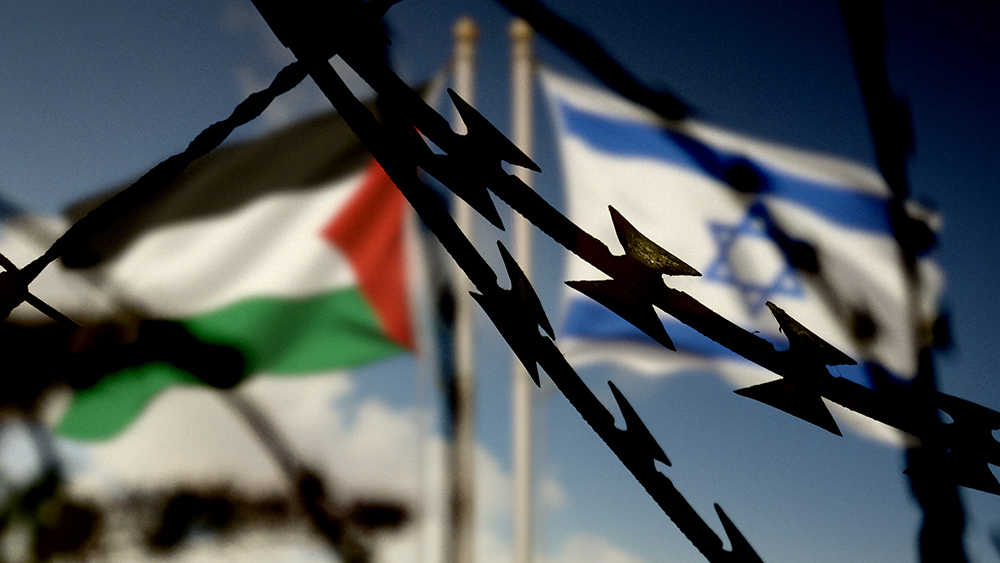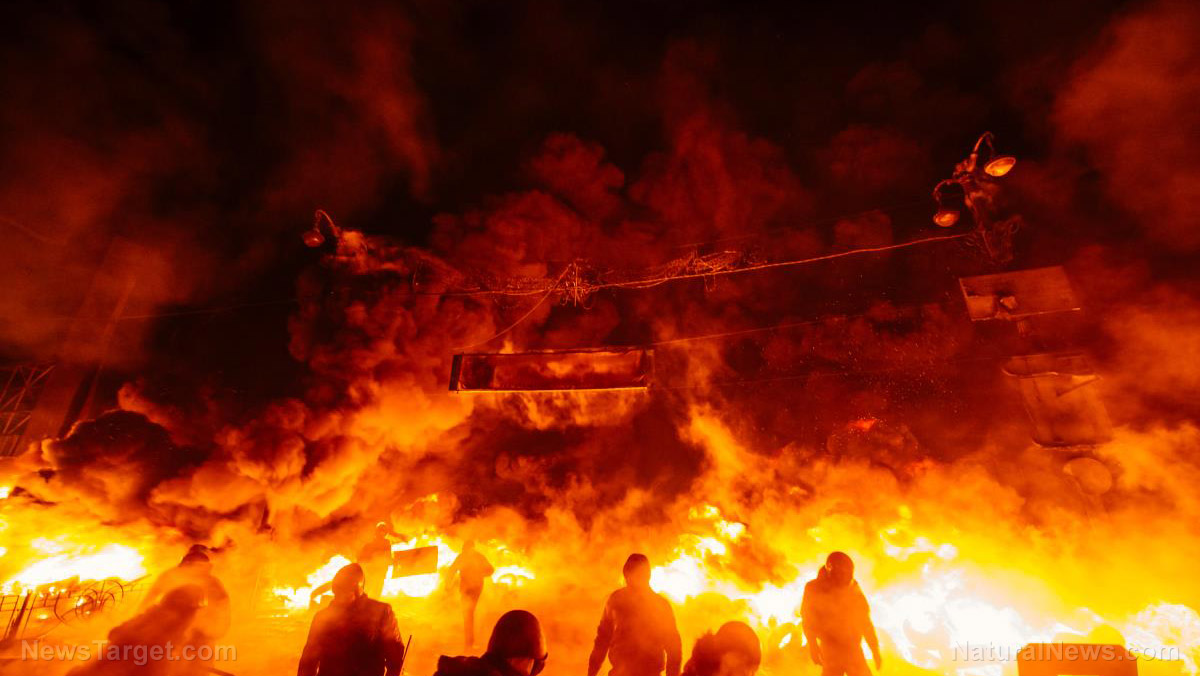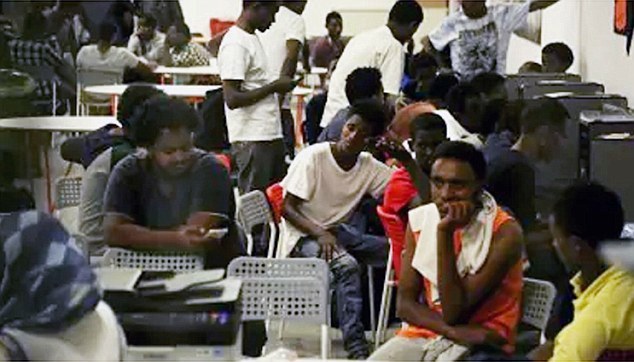Western Europe’s industrial collapse to accelerate in 2025 if Kyiv proceeds with major pipeline cutoff
09/03/2024 / By Belle Carter

Ukrainska Pravda, a local media outlet in Ukraine, reported that starting January 2025, the transit of Russian oil through the Druzhba pipeline in the Eastern European country will be halted, along with the transit of natural gas. Druzhba, also known as the “Friendship Pipeline” and the “Comecon Pipeline,” is one of the longest and largest oil pipelines in the world.
According to the report, Adviser to the Head of the Office of the Ukrainian President Mykhailo Podoliak said in an interview with “Novyny Live” that: “In addition to gas, the Druzhba pipeline will also cease operations starting Jan. 1, 2025.”
However, if European countries need Kazakh or Azerbaijani gas, Ukraine is ready to provide transit for it, he assured.
BREAKING:
Ukrainian President’s Office announces cessation of oil supplies through “Druzhba” pipeline from Russia, impacting Slovakia, Czechia, and Hungary.
Ukrainian gas transit from Russia to stop in January 2025. pic.twitter.com/KxVVEODfPS
— GAMZIRI24 (@GAMZIRI24) August 30, 2024
But Podoliak quickly backtracked his statement, saying it was not the plan and that Kyiv would continue to honor oil transit contracts it had struck with European countries beyond the given date.
“Ukraine has fulfilled and will fulfill its contractual obligations in full until the scheduled completion date… because it concerns our bilateral relations with European countries,” Podolyak said.
The head of Ukrainian oil and gas group Naftogaz, Olekskiy Chernyshov, echoed that message. “Ukraine remains a reliable partner for European countries,” he said in a statement. “We will continue to fulfill our obligations under the current gas and oil transportation contracts.”
The said pipeline supplies Russian oils to countries including Slovakia, the Czech Republic and Hungary. However, under an EU resolution, these countries must diversify their oil supplies and end transit through Ukraine. The initial claim to halt the supplies could have applied to NatGas, which certain contracted volumes will also stop by the start of 2025.
Before the Kyiv official retracted the statement, users on X, formerly Twitter, commented how Ukraine may have been trying to blackmail its neighboring countries. “These clowns think they can blackmail the world. How has that been working out for Country 404? Country 404 is a shell of itself. In a few more months the NAZI Regime will abandon 404. 404 will go down in history as the country that exposed NATO for it is,” the Legend replied to the post sharing the news.
Another one sees the move as a strategy. “Ukraine can’t pay their debt so they cut revenue received from Russia’s transit fees,” handle Lawyer for Laws said but according to him, there is nothing to worry about because the “U.S. will keep funding its government budget.” It continued tweeting: “Is Zelensky retaliating against Hungary and Slovakia because Hungary and Slovakia remain opposed to sending arms to Ukraine instead of the proposed peace negotiations?”
Czech energy security czar Vaclav Bartuska said that this is not the first time Kyiv announced such a measure. “This time maybe they mean it seriously, we shall see,” he added, “For the Czech Republic, it is not a problem.”
Hungary, which only imports oil via the Adriatic pipeline from Croatia apart from the Druzhba line, may face oil supply challenges if the halt pushes through. Zsolt Hernadi, CEO of Hungary’s state oil company, has previously warned about the risks in case Russian oil imports are cut off due to its conflict with Ukraine as relying only on Croatia for oil supply is prone to potential manipulation of the said country and of course, economically damaging.
For A Conscious Experience (FACE) founder and geopolitical strategist Velina Tchakarova tweeted that Kyiv’s initial decision to close the said pipeline indicates “more geopolitical risk premium for Europe was added ahead of the third winter on both fronts, oil and gas. The European Union still remains the largest buyer of Russian fossil fuels since the beginning of the Russian war against Ukraine, followed by China and India.”
Ukraine will honor contracts for oil transit to Europe
After Podoliak’s statement has been walked back, a Ukrainian presidential aide assured that it will continue to meet its obligations to transit Russian oil to Europe.
While the European Union has sought to wean itself off Russian energy supplies since Moscow invaded Ukraine in 2022, the Czech Republic, Slovakia and Hungary have needed more time. (Related: Hungary, Serbia building pipeline for Russian oil and gas to dodge EU sanctions.)
Before the Ukraine-Russia war started, Europe relied on Russia for 40-45 percent of its imported gas and about a quarter of its oil. According to reports, Russia has since tried to appeal to Europe to drop economic sanctions by throttling supplies but as a response, the bloc has almost entirely unplugged itself from Russian energy. But not entirely as the continuing flow in the Druzhba pipeline is partly a hangover from the old system, and partly thanks to contract law, market reality and political expediency.
According to the Economist, this helps Russian President Vladimir Putin maintain his special relationship with Hungary’s Prime Minister Viktor Orban, who consistently lobbies against EU sanctions.
When Ukraine shut down a pipeline entry point in occupied territory, Russia refused to pay full transit fees and threatened to cut off supply. Ukraine offered to reroute the gas, but Russia declined. Naftogaz, Ukraine’s state energy firm, has taken Gazprom, the Russian one, to the International Court of Arbitration to resolve the dispute.
Visit EnergySupply.news to read stories like this.
Sources for this article include:
Energy.EconomicTimes.IndiaTimes.com
Submit a correction >>
Tagged Under:
big government, Collapse, conspiracy, Czechia, Druzhba pipeline, economic riot, energy supply, Europe, fuel supply, Gazprom, geopolitical risk premium, Hungary, industrial collapse, Mykhailo Podoliak, NatGas, natural gas, pipeline, Russia, Russian oil, Slovakia, supply chain, Ukraine, Viktor Orban, Vladimir Putin, Volodymyr Zelensky, World War III
This article may contain statements that reflect the opinion of the author
RECENT NEWS & ARTICLES
COPYRIGHT © 2017 NATIONAL SECURITY NEWS


